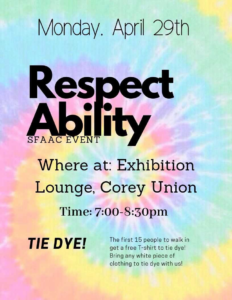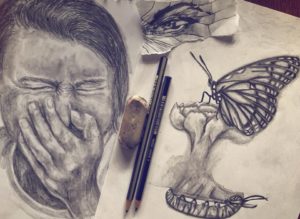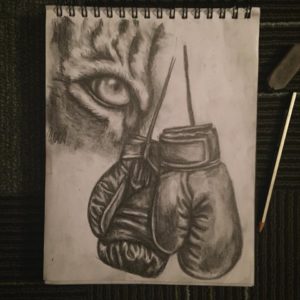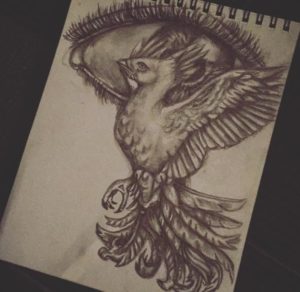By Jeremy Zhe-Heimerman, Assistant Director of Disability Resources
Feedback has been positive on the first semester of AccessCortland, the Disability Resource Office’s new online system for requesting accommodations, scheduling appointments, and releasing access plans to faculty. Students report an appreciation of the ease of disclosing their accommodations to faculty while faculty have noted the system has worked smoothly.
Students on the Disability Resources Advisory Committee like how easy it is to release their access plans. “What would normally take a week or two weeks now just takes a click of a button,” said one upper class student. Additionally, video tutorials have made learning the system quite easy.
Disclosing through AccessCortland is valuable for more than convenience. It can also help students be stronger self-advocates. Last year, DRO hosted a program with students and faculty talking about best practices during “the moment of disclosure” when students identify to faculty that they require accommodations. Students shared that they feel particularly vulnerable during such discussions. Additionally, research indicates that students often back down from asserting their rights when faculty ask relatively innocuous questions during such meetings. On the other hand, students on the Advisory Committee indicated that AccessCortland helped them feel more comfortable identifying to faculty. They felt better prepared to discuss their accommodations with faculty face-to-face once they’ve already notified them electronically in advance.
While early anecdotal feedback on AccessCortland has been encouraging, we are surveying faculty and students to learn more about how AccessCortland is succeeding and how it can be improved. Please complete the one to three minute survey by visiting AccessCortland and going to the Surveys tab.



